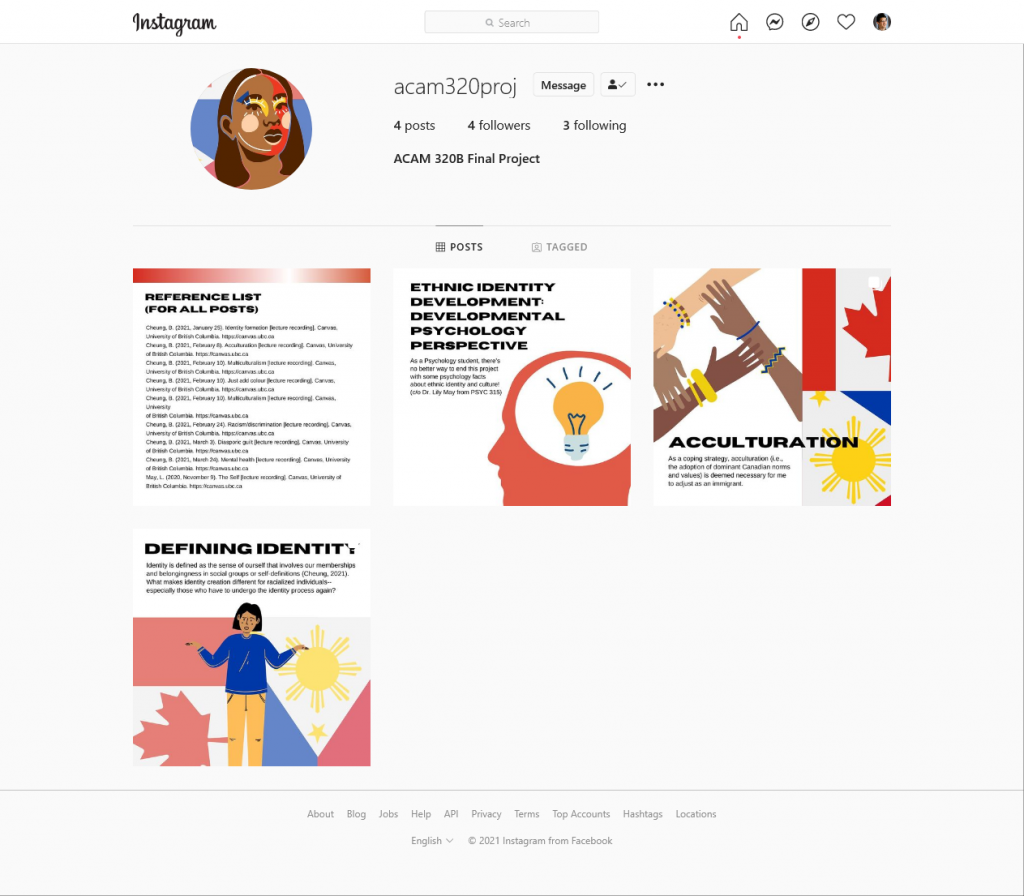Sniff well.
Creator:
K. Siy 施颖洁
We use all sorts of literary devices to describe ourselves and unravel our complex identities and experiences; but have you ever considered how our entire beings might be communicated by perfume? Just like how identities can have layers, complex tones, and sophisticated notes, so, too, can perfumes. In this anthology of poems, K. showcases how complex migration histories, multi-faceted cultural identities, deeply-rooted societal stereotypes, and a fight for individuality can be symoblized by culturally important scent notes such as calamansi zest, creamy ube, star anise, and ylang-ylang. If you were think of the different notes that can describe you in all your complexity, what would they be?

